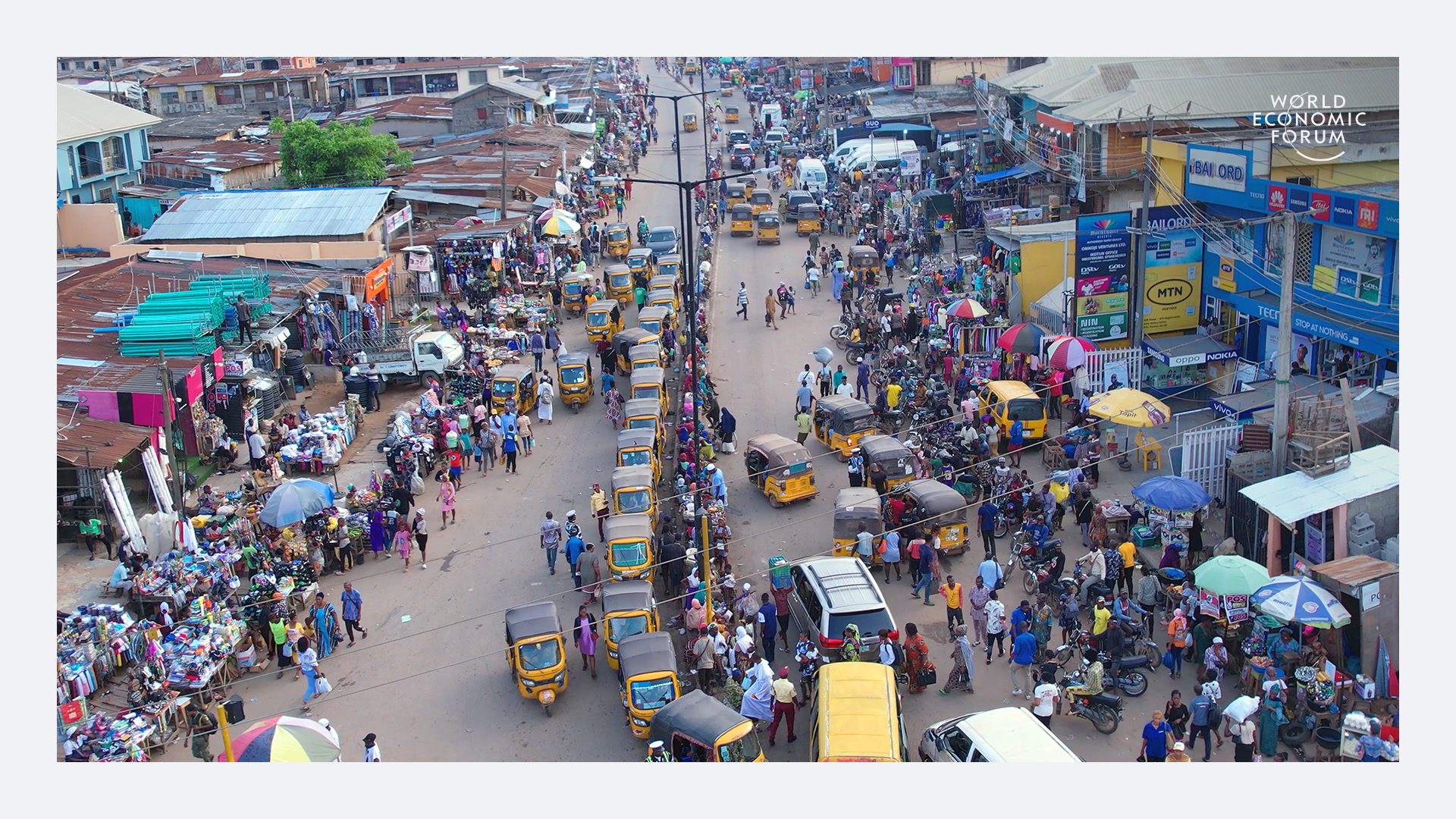How can Latin America close its infrastructure gap?


Get involved with our crowdsourced digital platform to deliver impact at scale
Stay up to date:
Latin America
The collective economy of Latin America appears to be cooling after two decades of robust growth and foreign direct investment, yet there remains significant interest around the world in doing business in and with the region.
Improved stability and the promise of new and growing markets, consumers and talent continue to capture the attention of investors from both the public and private sectors. With new trade accords, such as the Pacific Alliance, seeding new opportunities across a wide range of industries, Latin America’s medium and long-term potential can only keep growing.
However, in many areas, there is a great deal of work to be done. And in order to realize this aspiration of sustainable growth, the proper infrastructure must be in place to connect the region’s economies with the opportunities available to them.
The source of Latin America’s growth prospects have varied from country to country, ranging from key industry reforms to natural-resource development, but the current state of infrastructure in the region allows for only near-term success, when the goal should be long-term economic prosperity.
Many Latin American countries have made considerable progress in improving and modernizing their infrastructure. However as a whole, the region still lags behind many other parts of the world when it comes to investment for key infrastructure areas, including sanitation, telecommunications, transportation and energy.
And while recent reports have shown that the climate for public-private partnership investments in infrastructure has improved in Latin America in the past few years, to close its infrastructure gap the region will need to raise its investment levels to 5% of its GDP, from the current 2-3%. An investment leap of that size is sure to raise eyebrows, but the region’s longer-term competitiveness is at stake.
Today’s market is driven by innovation, and the pace of doing business has never been faster. As new products and services continue to emerge, the element of access to consumers will determine where start-ups and enterprises choose to invest their resources. If Latin America is still catching up on providing adequate infrastructure – high-quality ports, modernized technology, paved roads and airport runways – it’s likely to miss out on opportunities that could help fuel sustained growth. Leaders across the region – in the public and private sector, academia and communities – must be willing to challenge the perspectives and regulatory frameworks that currently affect investment levels.
The expansion of infrastructure is a critical factor in economic success and, as the region’s recent trade accords have demonstrated, this part of the world is moving towards a more integrated market. A region-wide commitment to infrastructure must be made now, to build the metaphorical and literal bridges that will connect Latin America’s economies and lay the groundwork for long-term growth.
The World Economic Forum on Latin America 2015 takes place in Riviera Maya, Mexico, from 6-8 May.
Author: Eduardo Leite, Chairman of the Executive Committee, Baker & McKenzie, and a Co-Chair of the World Economic Forum on Latin America 2015.
Image: Labourers work on the renovations of the Maracana Stadium for the 2014 World Cup in Rio de Janeiro September 3, 2012. REUTERS/Ricardo Moraes
Don't miss any update on this topic
Create a free account and access your personalized content collection with our latest publications and analyses.
License and Republishing
World Economic Forum articles may be republished in accordance with the Creative Commons Attribution-NonCommercial-NoDerivatives 4.0 International Public License, and in accordance with our Terms of Use.
The views expressed in this article are those of the author alone and not the World Economic Forum.
The Agenda Weekly
A weekly update of the most important issues driving the global agenda
You can unsubscribe at any time using the link in our emails. For more details, review our privacy policy.
More on Economic GrowthSee all
Joe Myers
April 26, 2024
Simon Freakley
April 26, 2024
Emma Charlton
April 24, 2024
Piyachart "Arm" Isarabhakdee
April 23, 2024
Pooja Chhabria and Kate Whiting
April 23, 2024






